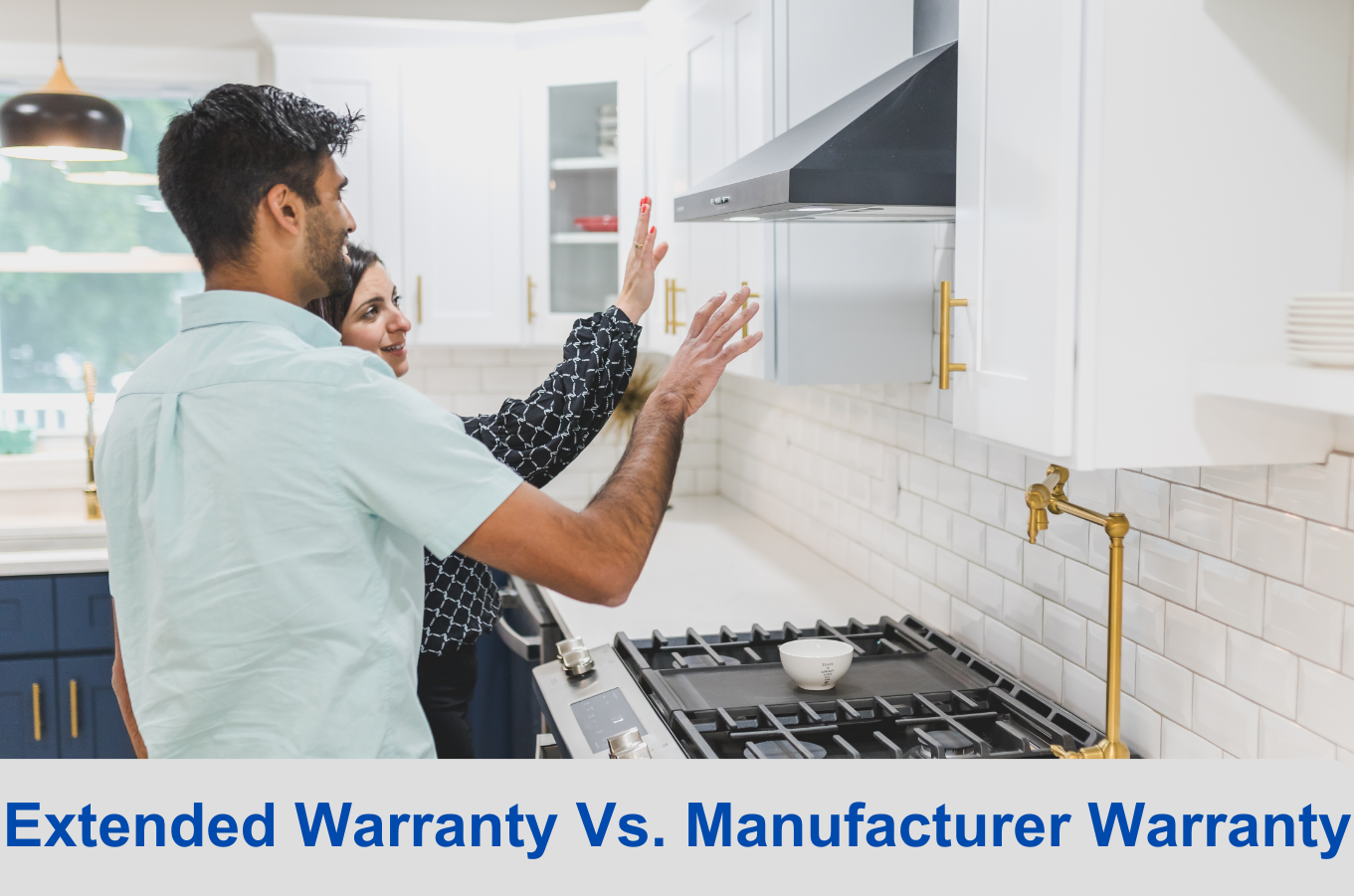
When purchasing a new product, such as electronics, appliances, or vehicles, understanding the differences between extended warranties and manufacturer warranties is essential. While extended warranties offer extended coverage beyond the manufacturer warranty, the latter comes standard with the purchase. In this article, we will explore the pros and cons of both extended warranties and manufacturer warranties, enabling you to make an informed decision when considering warranty options for your next purchase.
Pros of Manufacturer Warranties
- Included Coverage: Manufacturer warranties are typically included in the purchase price of a product, providing immediate coverage at no additional cost. This means you don’t have to spend extra money on warranty protection right away.
- Cost Savings: Since manufacturer warranties come as part of the purchase, they save you money compared to purchasing an extended warranty separately. This is especially beneficial for items that are less prone to defects or breakdowns.
- Standard Protection: Manufacturer warranties offer protection against defects in materials or workmanship for a specified period. This coverage ensures that if your product experiences issues due to manufacturing faults during the warranty period, the manufacturer will repair or replace it at no cost to you.
- Brand Support: With a manufacturer warranty, you benefit from the support and service provided directly by the product’s manufacturer. They have the expertise and knowledge to address any issues promptly and efficiently, ensuring high-quality customer service.
Cons of Manufacturer Warranties
- Limited Coverage Period: Manufacturer warranties generally have a limited duration, typically ranging from one to five years, depending on the product. Once the warranty period expires, you are no longer protected against potential defects or breakdowns.
- Limited Coverage Scope: Manufacturer warranties often have limitations on the specific components or issues they cover. Certain parts or conditions may be excluded from the warranty coverage, requiring you to review the warranty terms and conditions carefully.
- Lack of Additional Benefits: Unlike extended warranties, manufacturer warranties typically do not provide additional benefits beyond the basic coverage. This means you may not have access to features like expedited repairs, priority service, or accidental damage protection.
Pros of Extended Warranties
- Extended Coverage Period: The most significant advantage of an extended warranty is the ability to extend the coverage beyond the manufacturer warranty period. This provides prolonged protection and peace of mind, especially for expensive items or those with a higher likelihood of issues over time.
- Comprehensive Protection: Extended warranties often offer more comprehensive coverage compared to manufacturer warranties. They may cover not only defects but also mechanical failures, accidental damage, and other issues that may not be included in the manufacturer warranty.
- Added Peace of Mind: With an extended warranty, you can enjoy extended protection against unexpected breakdowns or malfunctions. This peace of mind can be particularly valuable for costly purchases, as repair or replacement expenses can be significant.
- Additional Benefits: Extended warranties frequently come with added benefits, such as priority service, expedited repairs, or even reimbursements for certain expenses. These benefits can enhance your overall ownership experience and minimize inconvenience.
Cons of Extended Warranties
- Additional Cost: The primary drawback of extended warranties is the extra cost associated with purchasing them. Extended warranties can be expensive, adding a significant percentage of the purchase price to the overall expense. This cost may not always be proportional to the likelihood of needing substantial repairs or replacements.
- Overlapping Coverage: In some cases, an extended warranty may overlap with the manufacturer warranty. This duplication means you may be paying for coverage you already have, reducing the value and cost-effectiveness of the extended warranty.
- Limited Coverage Conditions: Extended warranties often come with specific terms and conditions that may limit coverage. Exclusions for accidental damage, misuse, or improper maintenance may exist, requiring thorough understanding of the warranty terms to avoid surprises when filing a claim.
- Reliability of the Product: Before purchasing an extended warranty, consider the reputation and reliability of the product you are buying. If you are purchasing a well-known brand with a track record of durable and reliable products, the likelihood of needing major repairs or replacements may be relatively low. In such cases, the added cost of an extended warranty may outweigh the potential benefits.
Conclusion
Choosing between an extended warranty and a manufacturer warranty depends on various factors. Manufacturer warranties provide standard coverage at no additional cost, while extended warranties offer extended protection and additional benefits at an extra expense. Evaluate the cost, duration, coverage scope, and reliability of the product to make an informed decision that aligns with your needs and preferences.

